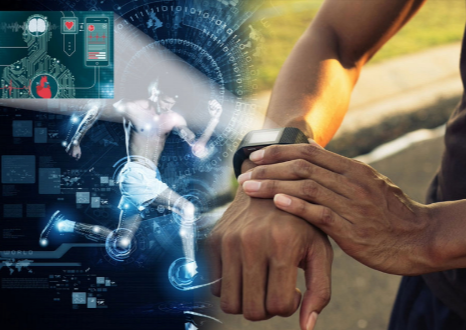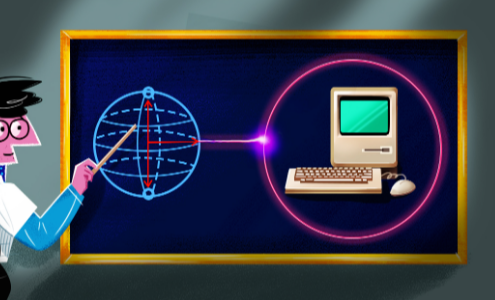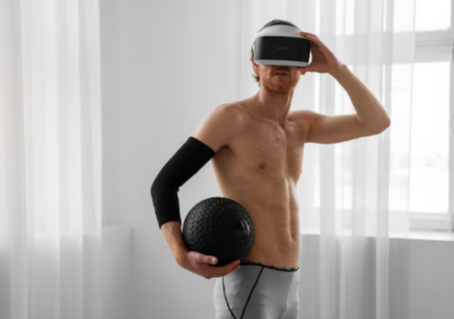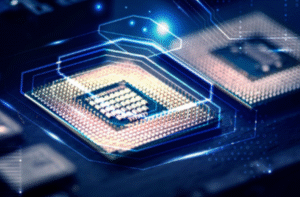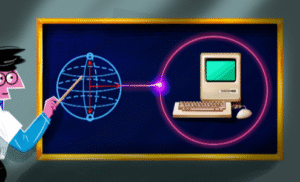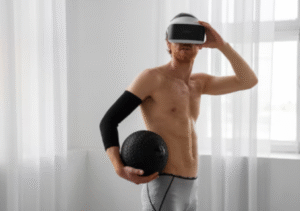Wearable technology is increasingly becoming integral to healthcare. These devices facilitate continuous health monitoring, which allows individuals to manage their well-being more effectively. With real-time feedback and personalized insights, wearables are shifting healthcare from traditional check-ups to ongoing assessments. This evolution raises questions about patient engagement and the implications of a more autonomous healthcare landscape. What transformations can be expected as technology continues to advance?
The Rise of Wearable Technology in Healthcare
As the demand for innovative healthcare solutions continues to grow, wearable technology has emerged as a transformative force in the medical landscape.
Devices like fitness trackers facilitate remote monitoring, empowering individuals to take control of their health. This shift not only enhances personal health management but also fosters a more proactive approach to wellness, reflecting a broader trend towards autonomy in healthcare.
Benefits of Continuous Health Monitoring
While traditional healthcare often relies on periodic check-ups and reactive measures, continuous health monitoring through wearable devices offers significant advantages that can enhance patient outcomes.
This approach provides real-time feedback, allowing individuals to make informed decisions about their health.
Additionally, personalized insights derived from continuous data empower users to adopt healthier lifestyles, ultimately leading to improved wellness and a proactive approach to healthcare management.
Read Also: How Wearables Are Changing Healthcare Monitoring
Enhancing Patient Engagement and Empowerment
Continuous health monitoring through wearables not only facilitates timely health interventions but also plays a pivotal role in enhancing patient engagement and empowerment.
Future Trends and Innovations in Wearable Health Devices
Emerging technologies are poised to revolutionize the landscape of wearable health devices, significantly enhancing their functionality and user experience. Innovations such as advanced sensors promise improved data accuracy, while artificial intelligence may personalize health insights.
However, these advancements raise privacy concerns, necessitating robust security measures. As wearables evolve, balancing user autonomy with data protection will be crucial for fostering trust and widespread adoption.
Conclusion
In conclusion, wearable technology is revolutionizing healthcare by facilitating continuous health monitoring and enhancing patient engagement. For example, a recent study demonstrated that participants using smartwatches for heart rate tracking were more proactive in managing their cardiovascular health, significantly reducing hospital visits. As advancements in technology continue to evolve, the integration of wearables into daily life will empower individuals to take control of their health, ultimately transforming the healthcare landscape into a more responsive and patient-centered system.
